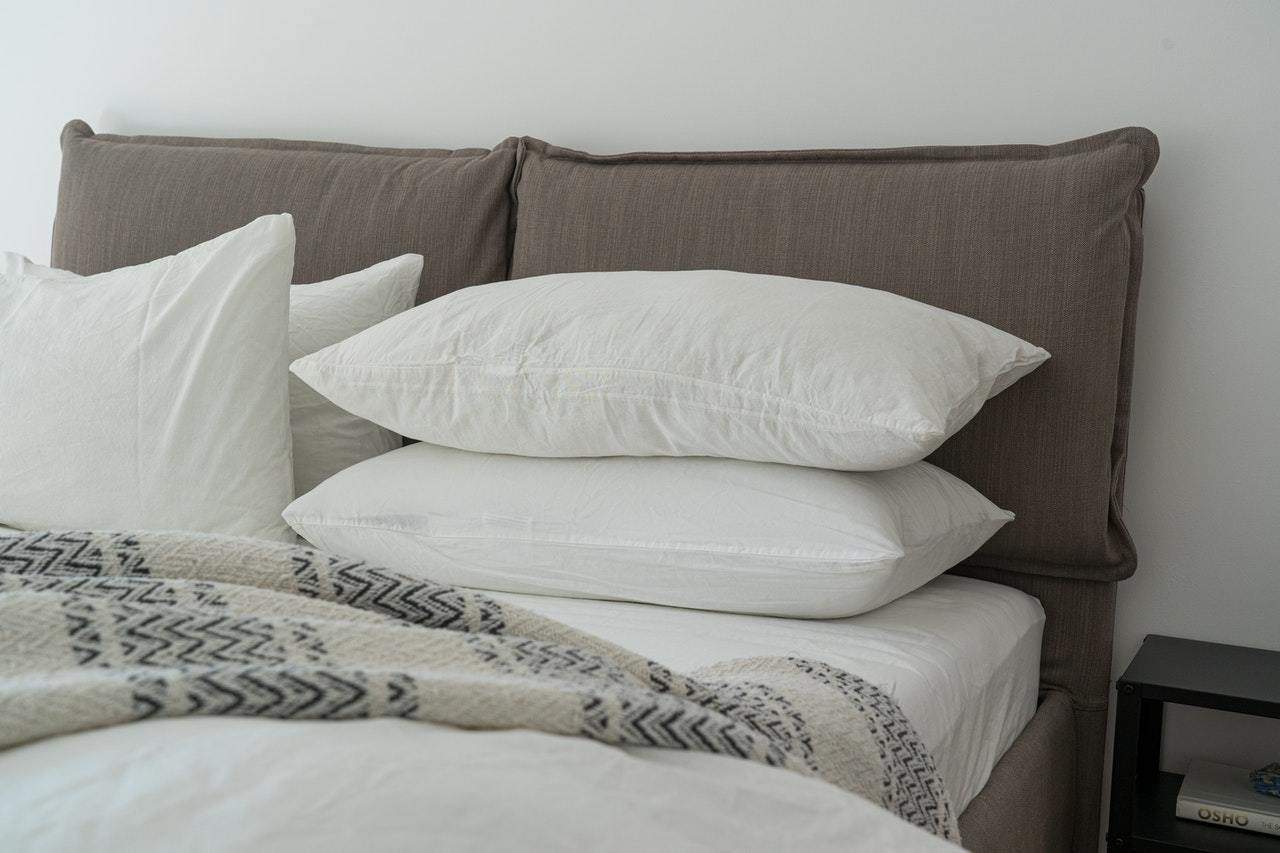A restless night takes its toll in the morning as most of us are unable to work with efficiency, feel tired, and unmotivated. A good night’s sleep is crucial in maintaining physical health, boosts your immune system to fight diseases, and gets you all set for the rest of the day.
Unhealthy lifestyle choices, poor diet intake, and mental conditions like stress and anxiety can disrupt the natural sleep cycle. Stick with us as we explore some of the ways to follow that will improve your sleep routine and get the best possible outcomes.
1. Sleep Schedule
The recommended amount of sleep for each individual is around 7 hours. So, try setting up a schedule with at least 8 hours of sleep. Furthermore, stick to this schedule and go to bed at the same time every day.
Most of us have the habit of using our smartphones while in bed that disrupts the sleep cycle and natural sleep patterns. Therefore, limit using your phone when it’s bedtime and clear your head from negative thoughts or problems that can cause stress.
Our body has a sleep-wake cycle that can be followed to ensure we get the best possible results. Educate yourself about this natural cycle and feel energized all day long.
Furthermore, taking a nap for 20-40 mins in the afternoon can revitalize the body and make up for the lost sleep.
Lastly, if you feel sleepy after meals, stimulate your body by doing activities like a walk around the backyard, calling a loved one, or washing your dishes to ward off drowsiness.
Sleeping right after meals affects your health and disturbs the natural sleep cycle, letting you wake up late at night and forcing you to become a night owl.
2. Restful Environment

You can revamp your bedroom and make it ideal for sleeping by making it comfortable, quiet, and peaceful. Remember to strictly follow a sleep schedule and limit the use of screens before you go to bed.
Toning down the lighting of the room, using shades, and maintaining a cool room temperature will also help.
Besides making these changes, inspect your mattress, reflect on your daily sleep experience – how you feel your body feels when you wake up – to evaluate whether you need to invest in a new, more comfortable mattress or not.
As there are plenty of options out there when it comes to choosing a mattress, explore each option well; most claim to have distinct features and form-factors catering to specific requirements.
If you still find trouble falling asleep after making the above-mentioned adjustments, do activities that can calm the body down like taking a warm bath or meditating before bed.
3. Light Exposure
The sleep-wake cycle of our body is regulated by a hormone called melatonin. During the night, our body naturally produces this chemical to help with sleep. Staying in too much light, especially during the night time decreases the melatonin levels and makes you feel alert.
The emission of blue light from LED bulbs and screens greatly affects the production of melatonin that ultimately disturbs the circadian rhythm. Exposure to sunlight early in the morning is crucial for you.
Make a routine of waking up early and trying to have your breakfast while exposed to light. Furthermore, ensure that you experience natural sunlight coming into your home and workplace.
However, if adequate light exposure is a problem, you can consider using a light therapy box after consulting a professional that will educate you on its adequate usage to get the maximum results.
4. Physical Activity
Physical activity significantly improves the health and wellbeing of an individual and helps boost the body’s metabolism. Incorporating daily physical activity in your schedule will also help in promoting better sleep habits and resolving health issues like insomnia and sleep apnea.
You can start by going for a walk or jog for at least 40 mins each day. However, there are a variety of exercise routines you can follow but make sure that you take advice from a professional exercise coach as they can provide you with an exercise routine that suits you the best.
Lastly, don’t exercise when it’s almost your bedtime because the body’s metabolism increases during workouts, and a variety of hormones are produced that can delay your sleep time.
Furthermore, after your exercise routine, practice simple relaxation exercises like yoga or stretching to overcome sleep difficulties.

Maintaining a sleep routine is indeed difficult in these modern times. Besides practicing the above-mentioned tips, maintain calmness, resolve issues that can trigger stress, and eat healthy to improve the quality of life.
Still, if you are experiencing difficulty while sleeping, you can consult your doctor to identify and treat any causes that are creating sleep disturbances.



